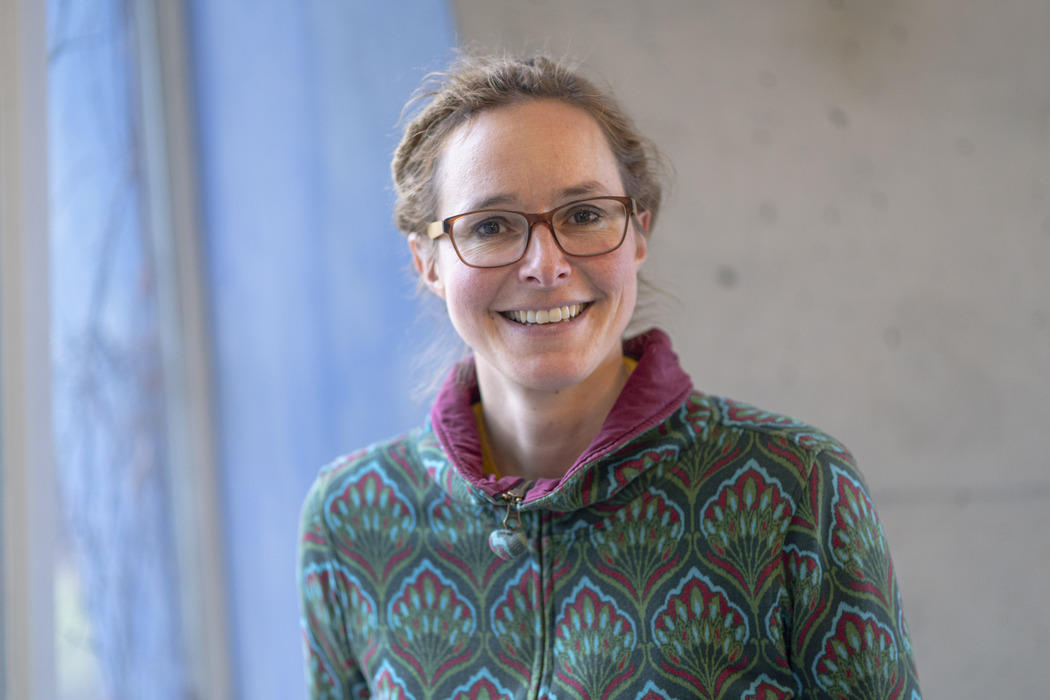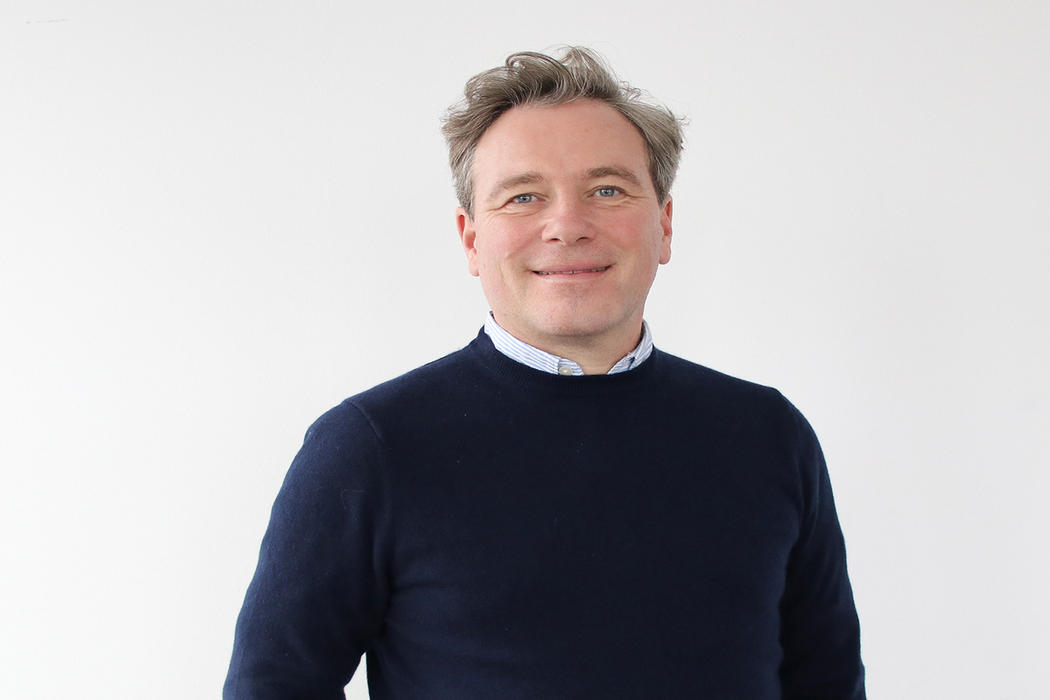Teaching
At the Postdoc Academy, we recognize the central role of teaching in the professional development of postdocs. Below, you will find an overview of the existing initiatives for teaching support.
From higher education didactics and voice training to the digitalization of teaching, the BUA institutions offer a broad spectrum of programs. These initiatives are designed to strengthen postdocs’ teaching competencies and to equip them for the demands of contemporary university teaching. Our shared mission is to foster dynamic and effective learning environments that benefit future generations of students.
Freie Universität Berlin
Dahlem Center for Academic Teaching
How do you energize a 9 a.m. seminar, keep group work on track, and still hit every learning outcome? For many postdoctoral researchers, stepping into a teaching role is both exciting and unfamiliar territory. Freie Universität Berlin eases that leap through the Dahlem Center for Academic Teaching (DCAT), a hub for evidence-based teaching skills.
“We support early-career researchers with little or no teaching experience who want to reflect on their professional practice and receive guidance during their first steps in the classroom,” says Dr. Katja Reinecke, head of the DCAT.
From mastering body language to designing AI-assisted assignments, DCAT workshops translate pedagogy into practice. Its flagship offering is a higher-education teaching certificate worth roughly 220 working units. “In the Anglo-American world, that credential has become almost indispensable for academic job applications,” Reinecke says.
The curriculum is divided into four modules: some components are mandatory, while others you mix and match to suit your discipline and schedule. Unsure about committing to the full certificate? “Start with a workshop you truly care about,” Reinecke advises. “If it clicks, you can always step onto the certificate track later.”
A hallmark of the DCAT is its emphasis on interdisciplinary and cross-subject exchange. Most courses run on campus, yet hybrid and online options keep things flexible. Workshops are typically scheduled in half-day, full-day, or two-day blocks, making them manageable alongside your research. Courses are taught by both internal faculty and external experts, and they are designed to be highly practice oriented.
“Our motto is show, don’t tell,” Reinecke explains. Participants test methods in real time, then dissect what worked and why. This is what she calls a “didactic double-decker”.
Dr. Reinecke recommends allocating three to five semesters to complete the certificate. But even if your career path takes you elsewhere before finishing, the time invested isn’t lost. “Mobility shouldn’t stall your teaching development,” Reinecke says. “Many universities and universities of applied sciences run comparable programs, so the credits usually travel both ways: We accept relevant courses you have already completed elsewhere, and other institutions will typically count DCAT workshops toward their own certificates if you move on before finishing with us.”
Participation in DCAT workshops is open exclusively to researchers currently affiliated with Freie Universität Berlin.
Humboldt Universität zu Berlin
BWb - Berufliche Weiterbildung der HU Berlin
The BWb (Professional Continuing Education) program at Humboldt-Universität zu Berlin also offers courses. While these are not specifically tailored to postdocs in the context of teaching, they do provide foundational training in university-level teaching. Participation is free of charge for HU members and offered at a reduced rate for postdocs affiliated with BUA partner institutions.
Technische Universität Berlin
ZEWK (Central Institution Scientific Continuing Education and Cooperation)
As a postdoctoral researcher aiming for an academic career, teaching often becomes a central aspect of your professional responsibilities. To help you excel in this role, the ZEWK (Scientific Continuing Education and Cooperation) at Technische Universität Berlin offers comprehensive support tailored explicitly to the needs of early-career academics as well as seasoned lecturers.
“Teaching might not always be perceived as the core task of researchers striving for professorships, yet it remains indispensable,” says Dr. Björn Kiehne, head of the Teaching and Learning division at ZEWK. Acknowledging the importance of strong pedagogical skills, ZEWK offers specialized training programs, individualized consultations, and valuable resources to enhance your teaching practice.
ZEWK’s extensive range of workshops, available both online and in person, cover everything from course design and interactive teaching techniques to effectively integrating digital tools and evaluation methods. These courses emphasize practicality, enabling you to directly apply newly acquired skills to your everyday teaching tasks. Whether you’re just beginning your teaching journey or you’re an experienced educator looking to refresh your approach, these interactive sessions provide practical strategies for crafting engaging and cohesive courses.
The courses and workshops are open to all researchers and postdocs affiliated with TU Berlin and the Berlin University Alliance (BUA) and are free of charge. Participating in these programs not only strengthens your teaching abilities but also significantly boosts your academic profile. As Dr. Kiehne says: “Good teaching saves time, aligns goals clearly, and creates meaningful learning experiences.”
Accredited Certificate Programs
ZEWK provides three certification tracks designed to address different professional needs:
- TU-Certificate Program: A comprehensive, three-level qualification including foundational and advanced modules, complemented by reflective documentation of your teaching experiences.
- Digital Teaching Certificate: Tailored for academics keen on mastering digital media, this program enhances your competence with digital teaching tools
- TiE-BAC Certificate: Created specifically for international guest researchers and lecturers teaching in English, this program addresses the distinct challenges faced by non-native speakers.
Additionally, as part of the ENHANCE alliance, ZEWK participants can also enroll in the Micro-Credential CHET (Certificate in Higher Education Teaching), further enhancing your academic teaching qualifications.
All ZEWK certificates meet standards accredited by the Deutsche Gesellschaft für Hochschuldidaktik (DGHD), ensuring nationwide recognition and compliance with the European Standards and Guidelines for Quality Assurance in Higher Education (ESG). This guarantees international acceptance and supports academic mobility.
Personal Consultations and Specialized Support
Acknowledging that teaching can feel challenging, particularly given high self-expectations and professional pressures, ZEWK offers individualized consultations. These sessions address various teaching-related issues, including group management, student conflicts, and stress management strategies. A core component of ZEWK’s approach is also supporting postdocs in developing their teaching portfolios. These portfolios reflect your pedagogical skills, showcase your teaching philosophy, and document your methods and successful practices, serving as powerful tools for future academic applications.
Beyond individual support, ZEWK actively encourages community-building among postdocs from diverse disciplines and institutions within the Berlin University Alliance. Initiatives like the “Lunch for Good Teaching” regularly offer opportunities to exchange experiences, discuss challenges, and explore best practices. These informal gatherings not only foster peer learning but also nurture an inclusive, sustainable, and forward-thinking teaching environment.
Charité – Universitätsmedizin Berlin
The Higher Education Didactics team at the Dieter Scheffner Center (DSFZ) supports researchers at every stage of their teaching journey, whether they’re new to teaching or experienced professionals refining their approach. The DSFZ’s comprehensive professional development program equips educators with essential didactic skills. Participants gain expertise in general teaching methods as well as specialized competencies tailored specifically to Charité’s diverse degree programs. Additionally, the DSFZ offers targeted qualification pathways for researchers working towards habilitation.
Ultimately, the aim is to prepare educators thoroughly, ensuring they step confidently into the seminar rooms. Collaborations with national and international institutions further enrich the learning experience, providing participants with access to a broader range of opportunities.
The Learning Center is designed to support individual needs and to empower self-directed learning. A key focus lies in developing practical and communication skills. In addition to formal classes, the center provides numerous peer-assisted tutorials. For instructors, the Learning Center offers practical support and inspiration. Instructors are encouraged to experiment with creative, high-quality teaching methods in a supportive and professional environment.
eLearning – Lehren und Lernen mit digitalen Medien in der Medizin
The eLearning team at Charité serves as the primary resource for teaching staff aiming to integrate digital tools and innovative formats into their courses. The team offers comprehensive support throughout the entire process – from initial idea development and course design to media production and final evaluation of eLearning and blended learning scenarios.
Postdocs benefit from targeted advice, training opportunities, and resources specifically tailored to Charité’s medical curricula, including workshops on Moodle, flipped classroom methodologies, and digital teaching applications. Additionally, the team provides structured, professional assistance for creating high-quality teaching materials, lends equipment, supports content design, and offers guidance on legal and accessibility considerations. Among the specialized resources available is a virtual microscopy platform featuring over 100 digitized specimens. Training sessions are conducted both in person and online via MS Teams, allowing for flexible participation.
Collaborative Teaching Support
Berliner Zentrum für Hochschullehre
The Berlin Center for Higher Education (BZHL) hosted at TU Berlin is a joint initiative of several Berlin universities, including the partner universities of the Berlin University Alliance. If you are currently teaching at one of the Berlin universities, you also have access to a wide range of professional development opportunities through the BZHL.
The BZHL offers a comprehensive workshop program on both established and emerging topics in higher education. Whether you are interested in interactive teaching methods, inclusive learning, or the role of AI in higher education, you can select workshops according to your individual needs.
You can either join single workshops to enhance specific aspects of your teaching or pursue the Berlin Certificate for Higher Education Teaching. This structured program follows national and international standards and guides you through three progressive modules. Along the way, you benefit from collegial exchange across disciplines and institutions, new learning formats and professional support for applying insights to your own teaching practice. In addition to workshops, the BZHL provides openly accessible resources for self-learning. These cover highly relevant topics such as AI in higher education.
Explore here the offerings of the four BUA institutions:
Freie Universität Berlin
Dahlem Center for Academic Teaching
Humboldt Universität zu Berlin
BWb - Berufliche Weiterbildung der HU Berlin
Technische Universität Berlin
Scientific Continuing Education and Cooperation (ZEWK)
Berliner Zentrum für Hochschullehre
Charité - Universitätsmedizin
eLearning – Lehren und Lernen mit digitalen Medien in der Medizin


